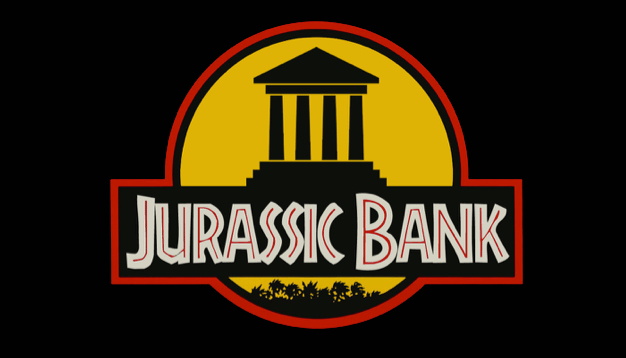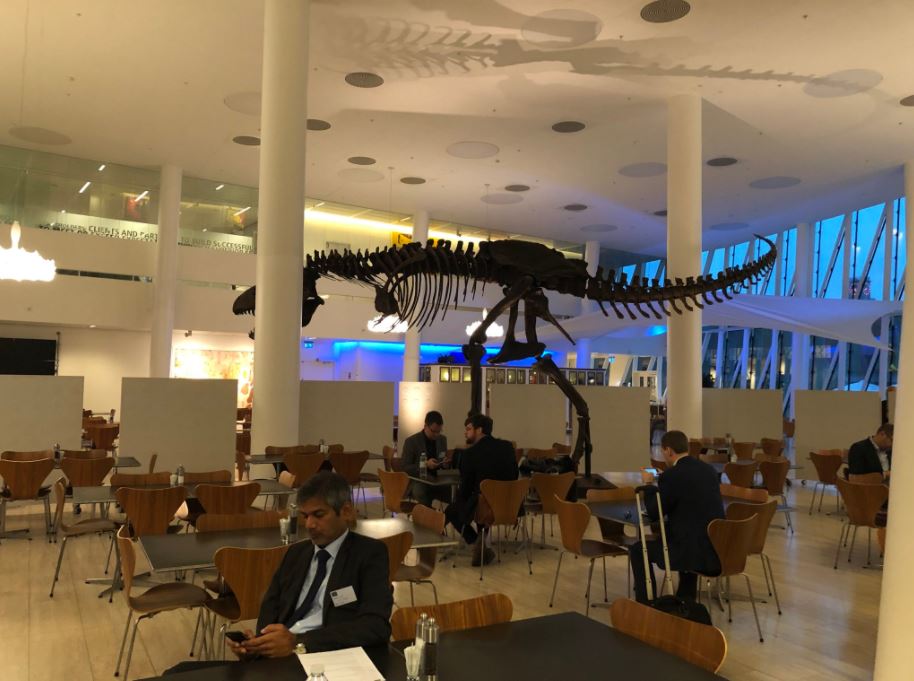
I have bias. I admit it. I have a certain proclivity to be nice to people who hire me, so this is an upfront statement of subjectivity. I am not objective.
Nevertheless, there are certain companies who warm my heart. They tend to be young, dynamic and often founded in my lifetime. They are run by individuals who are fearless, visionary and charismatic. And they do not behave or think like an institution. They think and behave more like a family.
Some of them are banks; some of them are start-ups; some of them are just a group of people doing things in a family way. Most of them are young firms but some of them are old. There is no stereotype. The one defining factor is that they are a culture, and most banks, insurance companies, technology firms and start-ups have their very own, defining culture.
This culture is endemic across the organisation. In fact, it defines the organisation. The organisation hires people who think like the people within the organisation. This is why some companies are full of people I dislike whilst others are full of people I like. It is their culture and people I like, not the firm or institution.
This gets interesting in that we are moving to digitalised relationships through devices. How do I see your family and your culture through a device? How do I feel your empathy?
This is a critical factor in financial markets specifically, as money is all about emotions and trust. Can I trust you? Can I trust your people? Can I trust you to deal with the important things in my life: my home, my money, my family and my life? These are at the very heart of why banking and insurance are regulated. They are not just frivolous, erroneous things that we deal with. They are critical to everyone’s lives, as are hospitals, law enforcement and good governance.
However, the real reason I started talking around these areas is not to lecture on family, emotions and trustworthiness, but on culture. Culture is nurtured in most businesses and is a reflection of the founders of those companies. The founders of those firms have an attitude, and it is one well reflected by Virgin, by way of example. Richard Branson, for those who have read his books, started with a real view of bucking the system. He would have meetings with reporters and executives, and would tip off his PA to interrupt the meeting saying that Mick Jagger or John Lennon wanted a word. They didn’t, but it had the desired effect. This is why Virgin’s culture is very different to others.
I can see this is many other institutions. I can see it when you watch staff walk into reception in the mornings. Are they happy and buzzing, or dismal and sad? Are they smiling and looking forward to their day or frowning and looking like they don’t give a toss?
The tell-tale signs of good companies versus average companies versus bad companies are clear and obvious. You only have to watch the people.
So, I was delighted to be invited to keynote at a bank meeting in Denmark this week for Saxobank. I walked into the reception early in the morning, and was greeted by lots of smiles. More importantly, I was greeted by the big smile of a Tyrannosaurus Rex.
There is nothing better to concentrate the mind of a community than to remind them that they could easily be dinosaurs if they don’t continually think different. Thank you to Kim and the guys at the bank. You made my day.
Meanwhile, as I mentioned Bill Gates the other day, Bill had another insightful comment about banks when he said back in the 1990s that banks are “dinosaurs that can be bypassed”. The guys at Saxobank remind their family of this every day. Does your bank?
Chris M Skinner
Chris Skinner is best known as an independent commentator on the financial markets through his blog, TheFinanser.com, as author of the bestselling book Digital Bank, and Chair of the European networking forum the Financial Services Club. He has been voted one of the most influential people in banking by The Financial Brand (as well as one of the best blogs), a FinTech Titan (Next Bank), one of the Fintech Leaders you need to follow (City AM, Deluxe and Jax Finance), as well as one of the Top 40 most influential people in financial technology by the Wall Street Journal's Financial News. To learn more click here...


